Home>Articles>How Long Does Cooked Turkey Last In The Refrigerator
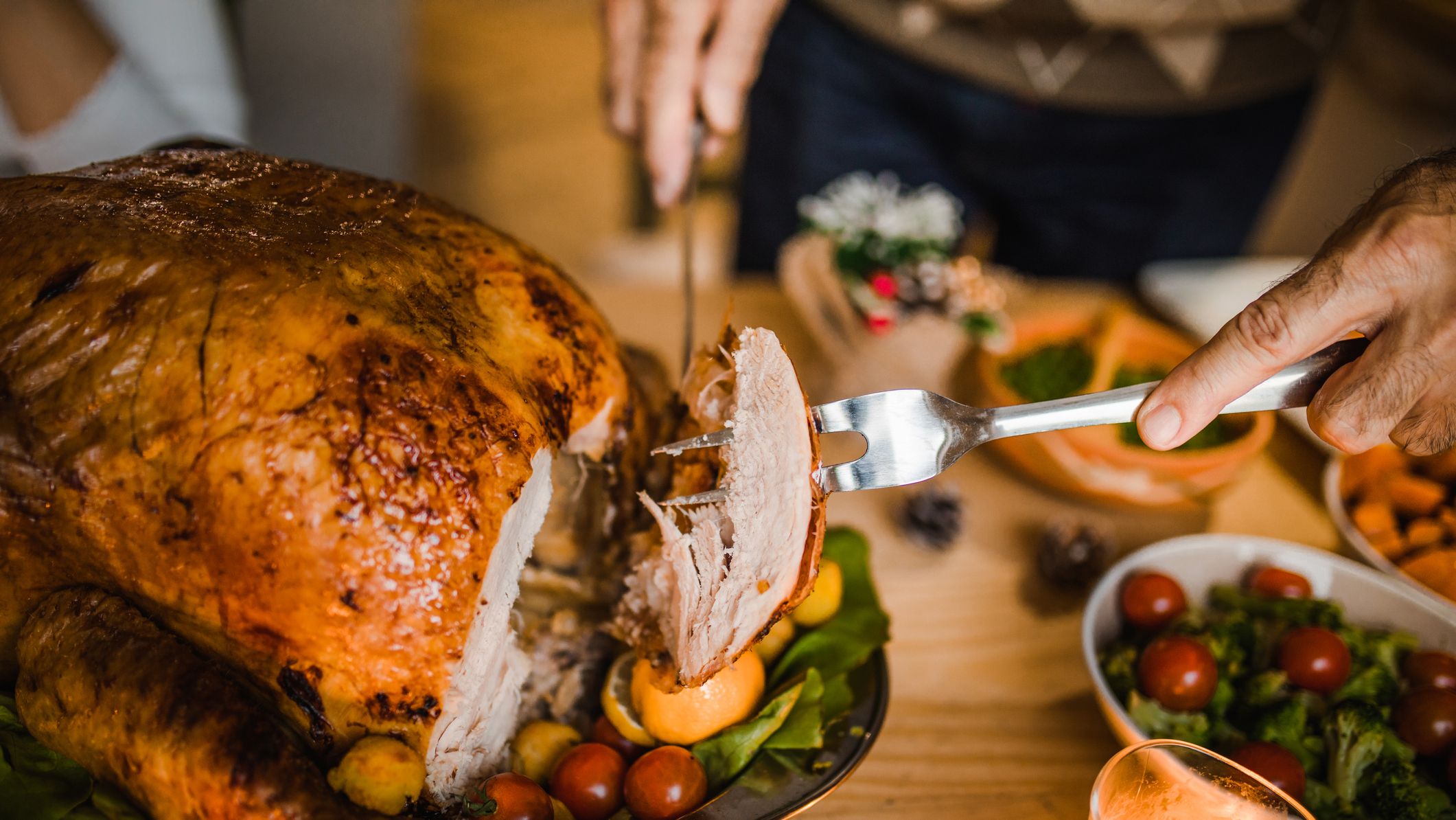

Articles
How Long Does Cooked Turkey Last In The Refrigerator
Modified: November 2, 2024
Discover articles on how long cooked turkey lasts in the refrigerator. Tips and guidelines for safe storage and preventing food waste.
(Many of the links in this article redirect to a specific reviewed product. Your purchase of these products through affiliate links helps to generate commission for Storables.com, at no extra cost. Learn more)
Introduction
When it comes to cooking a delicious turkey for a special occasion or holiday feast, it’s not uncommon to have leftovers. But how long can you safely keep that cooked turkey in the refrigerator before it spoils? Knowing the shelf life of cooked turkey is essential for food safety and preventing foodborne illnesses.
There are several factors that can affect the shelf life of cooked turkey, including storage conditions, proper handling, and the overall quality of the turkey before it was cooked. Understanding these factors and implementing proper storage techniques will help ensure that your leftover turkey stays fresh and safe to eat for as long as possible.
Proper storage is key to maintaining the quality and safety of cooked turkey. Storing it correctly can prevent the growth of bacteria and reduce the risk of foodborne illnesses. Additionally, being able to identify the signs of spoilage in cooked turkey is crucial in determining whether it is still safe to consume.
In this article, we will explore the factors affecting the shelf life of cooked turkey in the refrigerator, the proper storage techniques, signs of spoilage to watch out for, and how long cooked turkey can last in the refrigerator. We will also provide some safety tips for consuming leftover cooked turkey. Let’s dive in!
Key Takeaways:
- Properly store cooked turkey in the refrigerator at 40°F (4°C) or below, and consume it within 3-4 days to prevent spoilage and ensure food safety. Remember to use proper packaging and follow hygiene practices when handling leftovers.
- When reheating leftover turkey, ensure it reaches an internal temperature of 165°F (74°C) to kill any potential bacteria. Practice proper hygiene, avoid cross-contamination, and trust your senses to enjoy delicious leftover turkey safely.
Read more: How Long Does Ground Turkey Last In Freezer
Factors Affecting the Shelf Life of Cooked Turkey in the Refrigerator
Several factors come into play when it comes to determining how long cooked turkey can last in the refrigerator. Understanding these factors will help you make informed decisions about the storage and consumption of your leftovers.
1. Temperature: The temperature of your refrigerator plays a crucial role in the shelf life of cooked turkey. The refrigerator should be set to 40°F (4°C) or below to inhibit bacterial growth. Keeping the turkey at a consistently cool temperature will help extend its shelf life.
2. Proper Handling: How the turkey is handled after it is cooked can impact its shelf life. Make sure to cool the turkey quickly after cooking. Leaving it to cool at room temperature for more than two hours increases the risk of bacterial growth. Divide the turkey into smaller portions, as large amounts of cooked food take longer to cool in the refrigerator.
3. Packaging: Proper packaging is essential for maintaining the quality and shelf life of cooked turkey. Wrap the turkey tightly in aluminum foil or place it in an airtight container to prevent air exposure and moisture loss. This helps to slow down the oxidation process and keeps the turkey moist.
4. Freshness of the Turkey: The quality and freshness of the turkey before cooking can impact how long it will last in the refrigerator. Using the freshest turkey possible will give you a longer shelf life. If the turkey was not fresh before cooking, it may spoil more quickly.
5. Cross-Contamination: Preventing cross-contamination is crucial in extending the shelf life of cooked turkey. Avoid using the same utensils or cutting boards that came into contact with raw turkey to handle the cooked turkey. Cross-contamination can introduce harmful bacteria to the cooked turkey, increasing the risk of spoilage.
By taking these factors into consideration and implementing proper storage techniques, you can maximize the shelf life of your cooked turkey and enjoy it safely for as long as possible. In the next section, we will explore the proper storage of cooked turkey in the refrigerator.
Proper Storage of Cooked Turkey
Proper storage of cooked turkey is essential to maintain its quality and safety. By following these guidelines, you can extend the shelf life of your leftovers and minimize the risk of foodborne illnesses.
1. Cool Quickly: After cooking, allow the turkey to cool for about 1-2 hours at room temperature. Then, transfer it to the refrigerator within two hours to prevent bacterial growth. Dividing the turkey into smaller portions will help it cool faster.
2. Packaging: Wrap the cooked turkey tightly in aluminum foil or place it in an airtight container. This will protect it from air exposure, prevent moisture loss, and maintain its flavor and tenderness.
3. Store in the Coldest Part of the Refrigerator: Place the wrapped or containerized turkey in the coldest part of your refrigerator. Typically, this is the back and lower shelves. The temperature should be set at 40°F (4°C) or below to slow bacterial growth and maintain food safety.
4. Avoid Overstuffing: Do not overstuff your refrigerator with other items. Crowding can hinder air circulation and compromise the turkey’s freshness. Ensure there is space around the turkey for proper cooling and storage.
5. Use within 3-4 Days: Stored properly, cooked turkey can typically last in the refrigerator for 3-4 days. After this time, the risk of bacterial growth increases, and the quality begins to decline. It is essential to consume or freeze the turkey within this timeframe.
6. Proper Labeling: Label the wrapped or containerized turkey with the date of storage. Remember to use the oldest leftovers first to avoid waste.
7. Freezing: If you are unable to consume the turkey within the recommended timeframe, consider freezing it. Cooked turkey can be frozen for up to 4 months. Properly wrap it in freezer-safe packaging to maintain its quality. Thaw frozen turkey in the refrigerator before reheating.
By following these storage guidelines, you can ensure that your cooked turkey remains fresh, flavorful, and safe to consume. In the next section, we will discuss the signs of spoilage to watch out for when determining if your cooked turkey is still good to eat.
Signs of Spoilage in Cooked Turkey
Knowing the signs of spoilage is crucial in determining whether cooked turkey is still safe to eat. Here are some common indicators that your cooked turkey may have spoiled:
1. Foul Odor: One of the first signs of spoilage in cooked turkey is a foul or off-putting odor. If the turkey emits a strong, unpleasant smell, similar to rotten eggs or sulfur, it is likely spoiled and should not be consumed.
2. Mold or Discoloration: Check for any visible signs of mold growth or unusual discoloration on the cooked turkey’s surface. Mold can appear as green, black, or white patches. Any mold growth indicates spoilage, and the turkey should be discarded.
3. Sliminess or Texture Changes: Spoiled turkey may feel slimy or have an odd texture when touched. If the cooked turkey feels excessively slippery or mushy, it is an indication of bacterial growth and spoilage.
4. Bitter or Metallic Taste: If the cooked turkey tastes bitter, metallic, or has an unusual flavor, it is likely spoiled. Do not consume any turkey with an unpleasant taste as it can be a sign of bacterial contamination.
5. Excessive Gas or Bloating: In some cases, spoiled turkey may produce excessive gas or show signs of bloating. If you notice the turkey appears swollen or expanded, this can be a sign of bacterial growth and should be discarded.
It is important to note that consuming spoiled turkey can lead to food poisoning and other illnesses. If you observe any of these signs, it is recommended to err on the side of caution and discard the turkey to prevent potential health risks.
When in doubt, it is always better to be safe than sorry. Proper storage and handling techniques, along with regular inspections for signs of spoilage, will help ensure the safety and quality of your cooked turkey. In the next section, we will explore how long cooked turkey can last in the refrigerator.
Cooked turkey can last in the refrigerator for 3-4 days. Make sure to store it in an airtight container or wrap it tightly in foil to maintain freshness.
How Long Does Cooked Turkey Last in the Refrigerator?
The shelf life of cooked turkey in the refrigerator can vary depending on several factors, including storage conditions and the overall quality of the turkey. On average, cooked turkey can last in the refrigerator for 3-4 days.
It is important to note that while this is a general guideline, it is always best to use your own judgment and consider the specific circumstances. If the turkey was properly stored, handled, and shows no signs of spoilage, it may be safe to consume even beyond the 3-4 day timeframe.
However, it is crucial to maintain proper hygiene and food safety practices when consuming cooked turkey. Always follow these safety tips:
1. Perform a Sniff Test: Before consuming leftover turkey, give it a good sniff. If you detect any foul or off-putting odor, discard the turkey immediately.
2. Check for Signs of Spoilage: Inspect the turkey for any mold growth, unusual discoloration, sliminess, or texture changes. Do not consume turkey that exhibits these signs.
3. Reheat Thoroughly: When reheating cooked turkey, ensure it reaches an internal temperature of 165°F (74°C) to kill any potential bacteria. Use a food thermometer to accurately check the temperature.
4. Avoid Cross-Contamination: When handling the cooked turkey, prevent cross-contamination by using separate utensils and cutting boards for raw and cooked foods. This reduces the risk of introducing harmful bacteria.
5. Trust Your Instincts: If something doesn’t seem right or you have any doubts about the safety of the cooked turkey, it’s better to be safe and discard it.
Remember, these guidelines are for turkey stored in the refrigerator. If you plan to store it for an extended period, consider freezing the leftovers instead. Cooked turkey can be frozen for up to 4 months, ensuring its freshness and safety.
By following these safety tips and using your judgment, you can enjoy the deliciousness of cooked turkey while keeping yourself and your loved ones safe. Now let’s explore some additional safety tips for consuming leftover cooked turkey.
Safety Tips for Consuming Leftover Cooked Turkey
Leftover cooked turkey can be a delicious treat, but it’s essential to prioritize food safety when consuming it. Follow these safety tips to ensure the quality and safety of your leftover turkey:
1. Storage Time: Consume leftover cooked turkey within 3-4 days of refrigeration. If you can’t finish it within this timeframe, consider freezing it for later use.
2. Reheating Properly: When reheating leftover turkey, ensure it reaches an internal temperature of 165°F (74°C). This helps to kill any potential bacteria that may have grown during storage. Use a food thermometer to verify the temperature.
3. Avoid Slow Cooling: Cooling leftover turkey too slowly can promote bacterial growth. Divide large portions into smaller pieces and store them in shallow containers for faster cooling.
4. Proper Handling: Always practice proper hygiene when handling leftover turkey. Wash your hands thoroughly before and after handling, and ensure all utensils and surfaces are clean to prevent cross-contamination.
5. Serve Immediately: Serve the reheated leftover turkey immediately after it reaches the desired temperature. Avoid leaving it at room temperature for extended periods, as this can promote bacterial growth.
6. Microwaving: If using a microwave to reheat the turkey, make sure to cover it loosely with a microwave-safe lid or wrap it in microwave-safe plastic wrap to retain moisture.
7. Use Fresh Ingredients: When preparing leftover turkey dishes, make sure to use fresh ingredients. Adding fresh vegetables and seasonings can enhance the flavor while ensuring food safety.
8. Proper Storage Containers: Store leftover turkey in airtight containers or wrap it tightly in aluminum foil. This protects it from air exposure and helps maintain its moisture and flavor.
9. Be Mindful of Allergens: If there are individuals with food allergies or sensitivities, be cautious about potential cross-contamination with ingredients that may trigger an allergic reaction.
10. Trust Your Senses: If something seems off, such as an unusual smell, taste, or appearance, it’s better to discard the leftover turkey to prevent foodborne illnesses.
By following these safety tips, you can enjoy your leftover cooked turkey without compromising your health. Remember that proper storage, reheating, and handling are key to maintaining the quality and safety of the turkey. Now, let’s wrap up the article.
Conclusion
Properly storing and handling cooked turkey is crucial for maintaining its quality and safety. By understanding the factors that affect its shelf life, implementing proper storage techniques, and being able to identify signs of spoilage, you can ensure that your leftover turkey is safe to eat.
Remember to store the cooked turkey in the refrigerator promptly after it has cooled, using proper packaging such as aluminum foil or airtight containers. Keep the refrigerator temperature at 40°F (4°C) or below, and consume the turkey within 3-4 days.
Be mindful of signs of spoilage, such as a foul odor, mold growth, sliminess, or changes in texture. If you detect any of these signs, it is best to discard the turkey to avoid the risk of foodborne illnesses.
When reheating leftover turkey, ensure that it reaches an internal temperature of 165°F (74°C) to kill any potential bacteria. Practice proper hygiene when handling the turkey, and avoid cross-contamination with other ingredients and surfaces.
By following these safety tips, you can confidently enjoy the delicious flavor of leftover cooked turkey without compromising your health or the health of your loved ones.
Remember, if in doubt, it’s better to err on the side of caution and discard the turkey. Your health and safety should always be the top priority when it comes to consuming leftovers.
So, enjoy your leftover cooked turkey with peace of mind, knowing that you have taken the necessary steps to ensure its safety. Happy feasting!
Frequently Asked Questions about How Long Does Cooked Turkey Last In The Refrigerator
Was this page helpful?
At Storables.com, we guarantee accurate and reliable information. Our content, validated by Expert Board Contributors, is crafted following stringent Editorial Policies. We're committed to providing you with well-researched, expert-backed insights for all your informational needs.

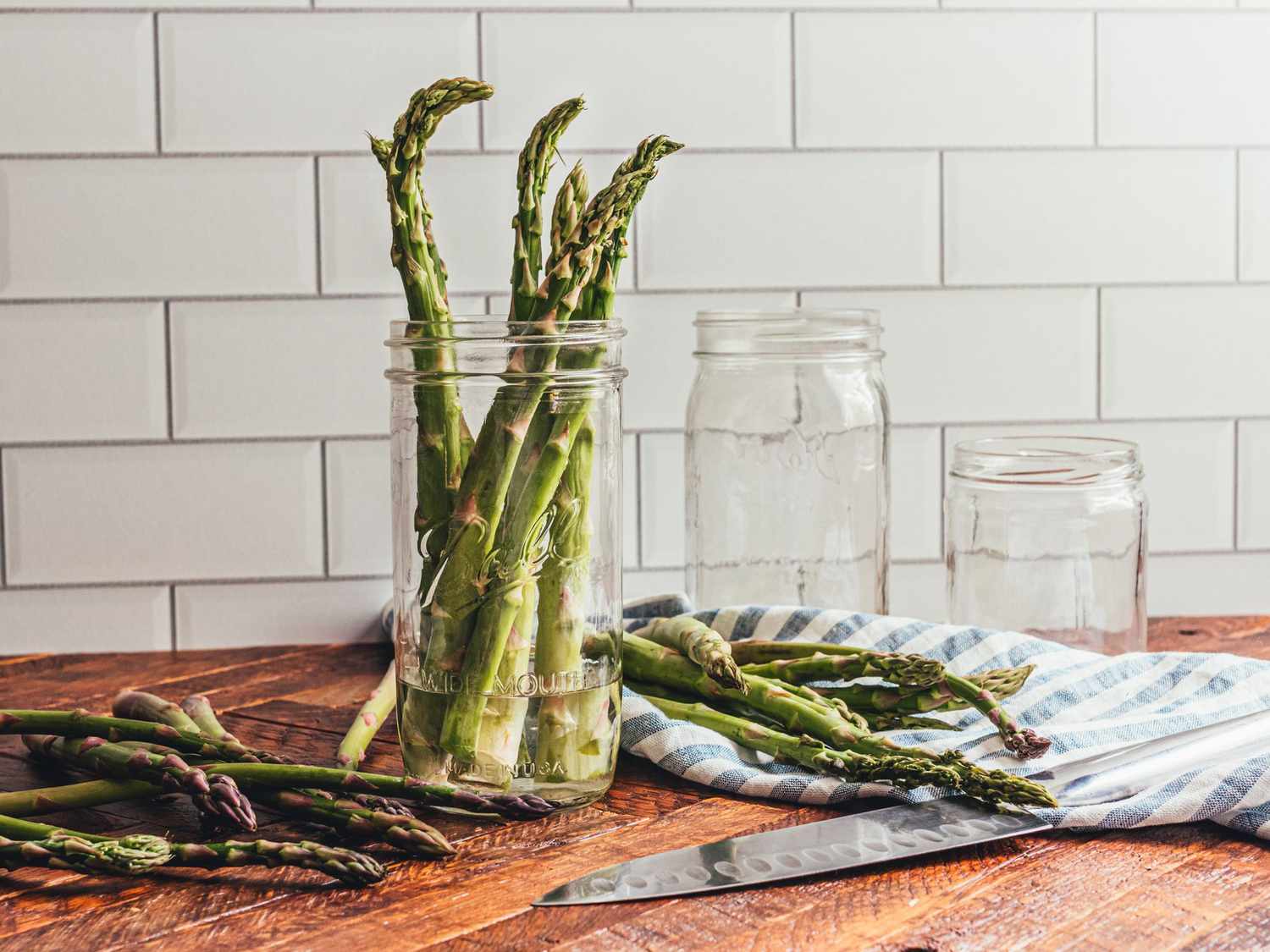
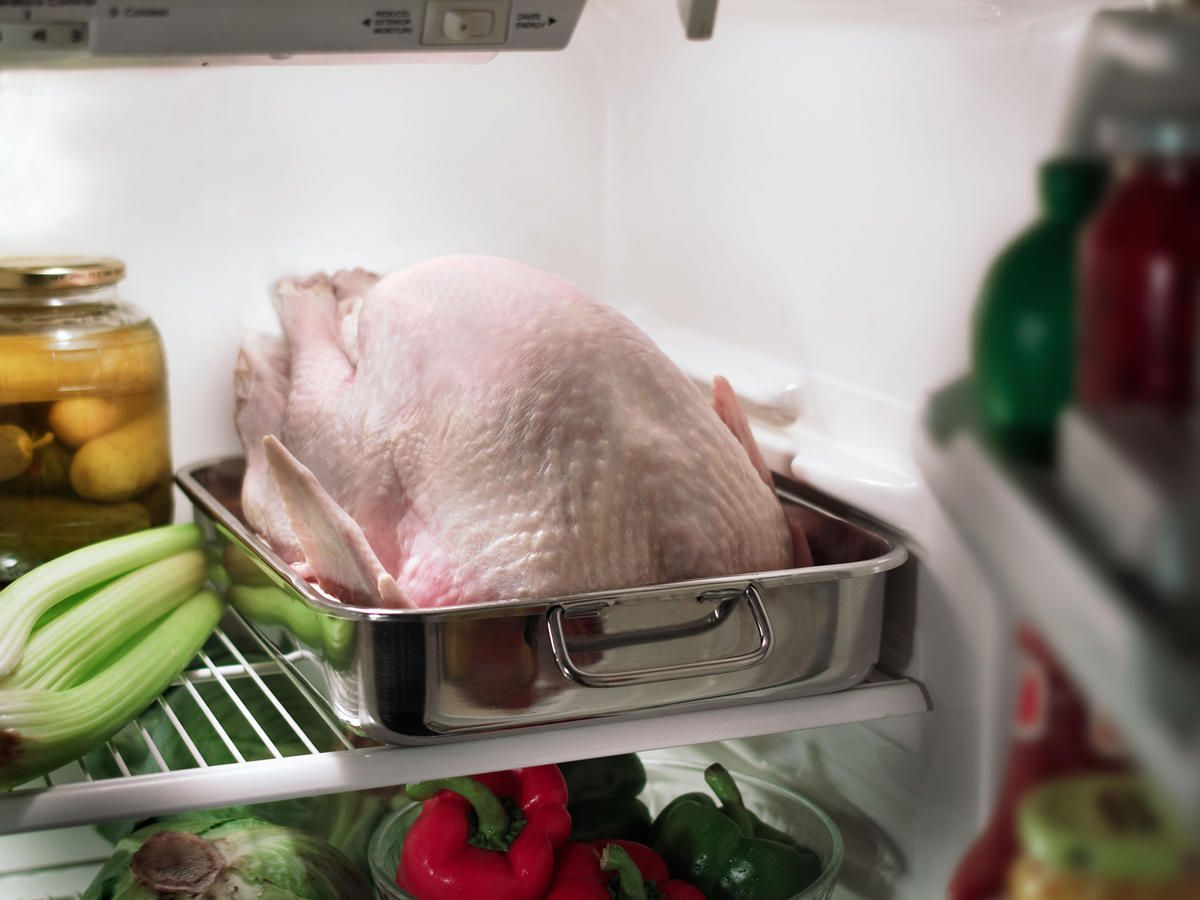
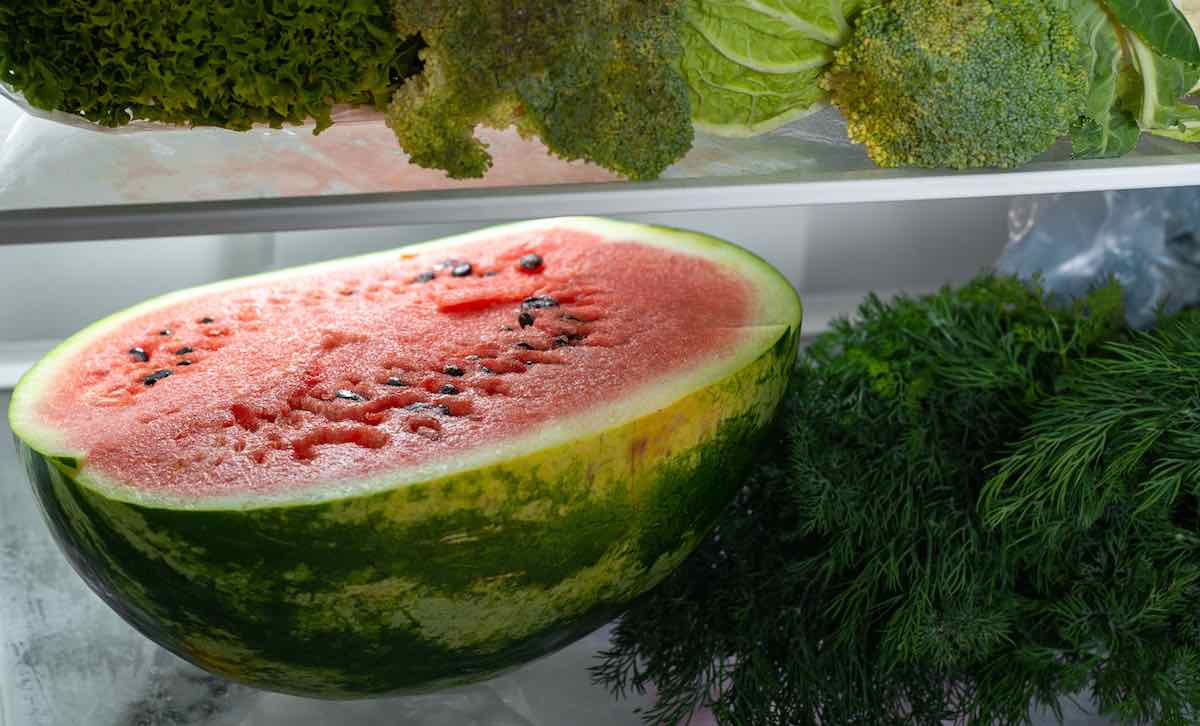
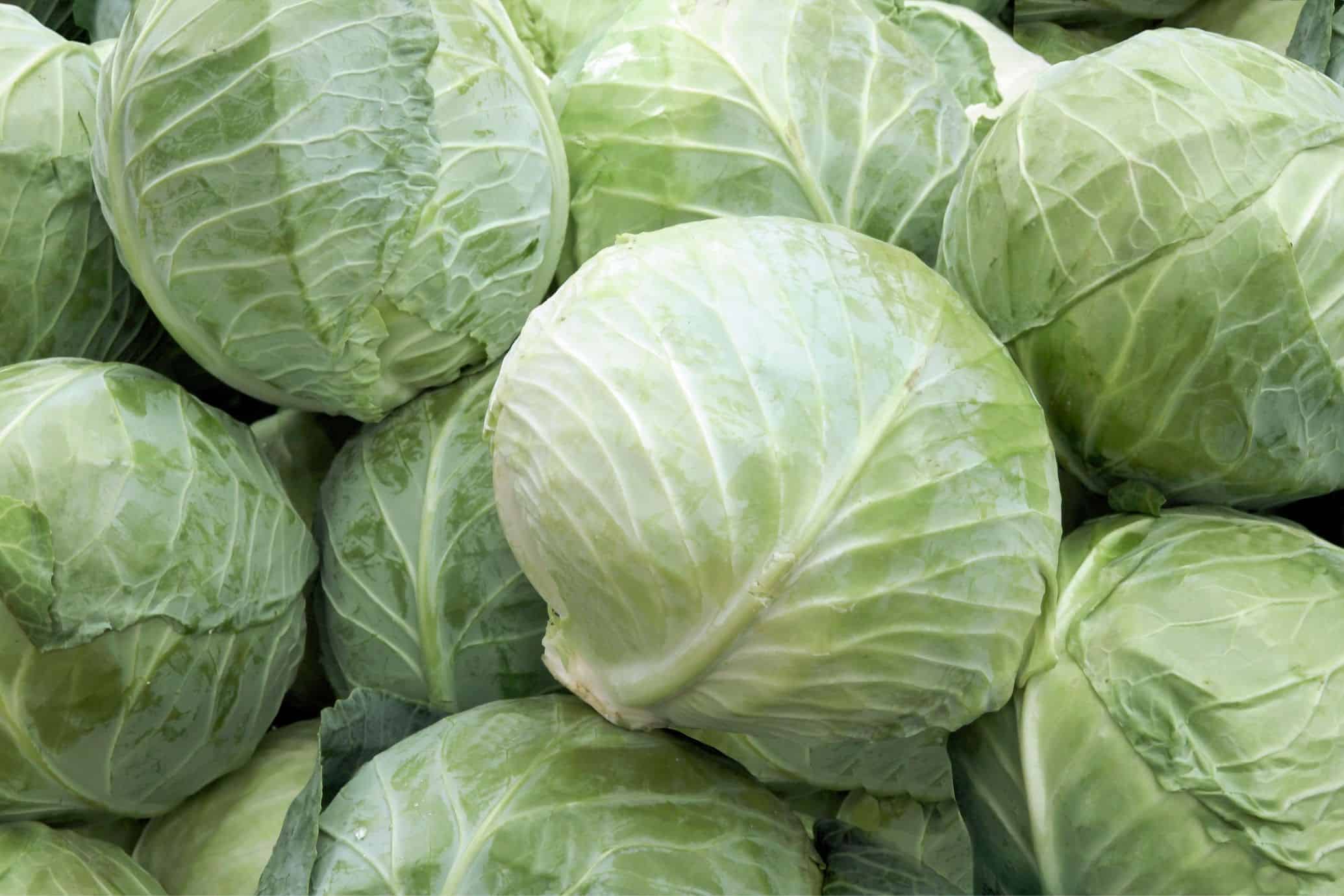


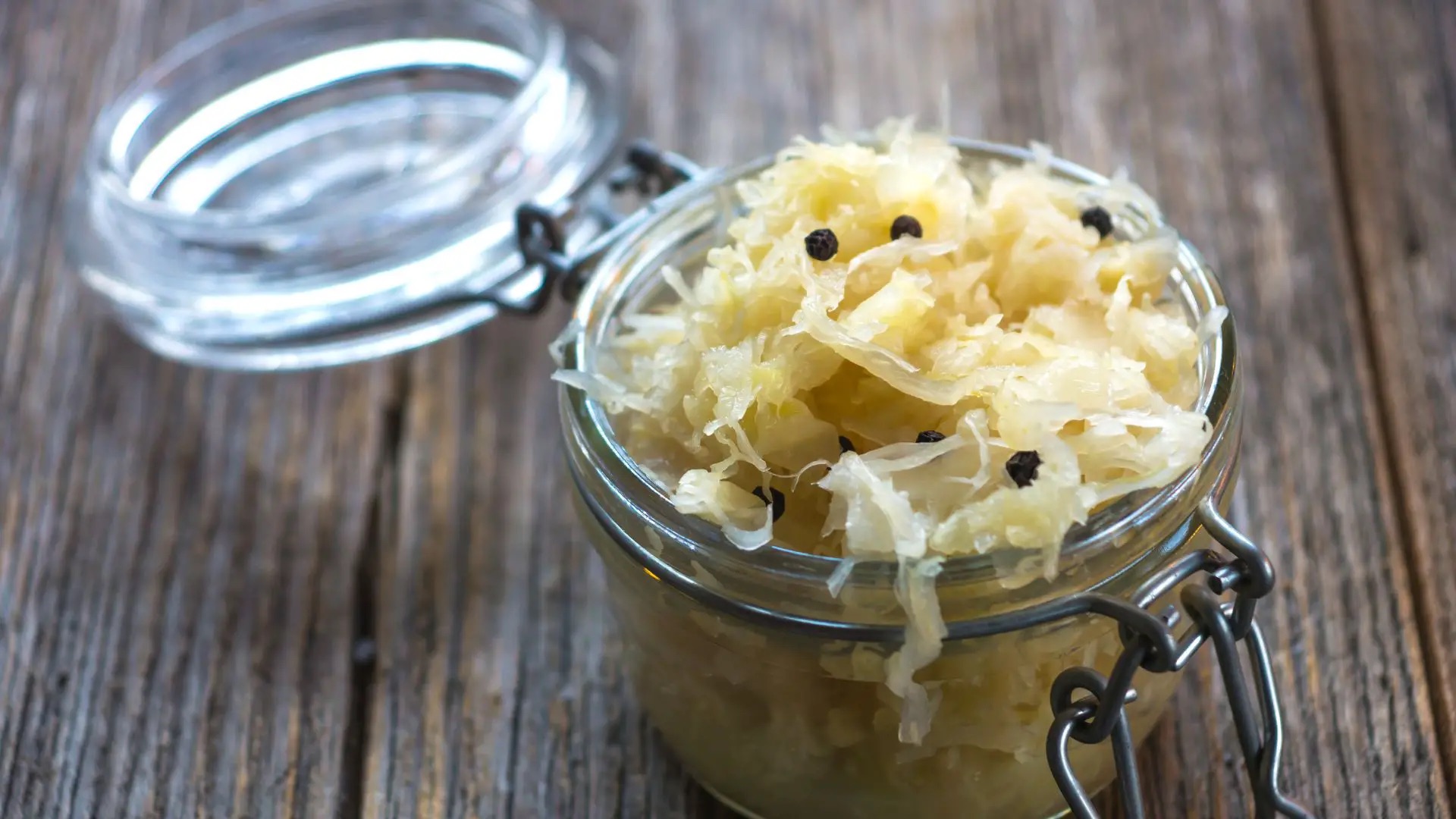
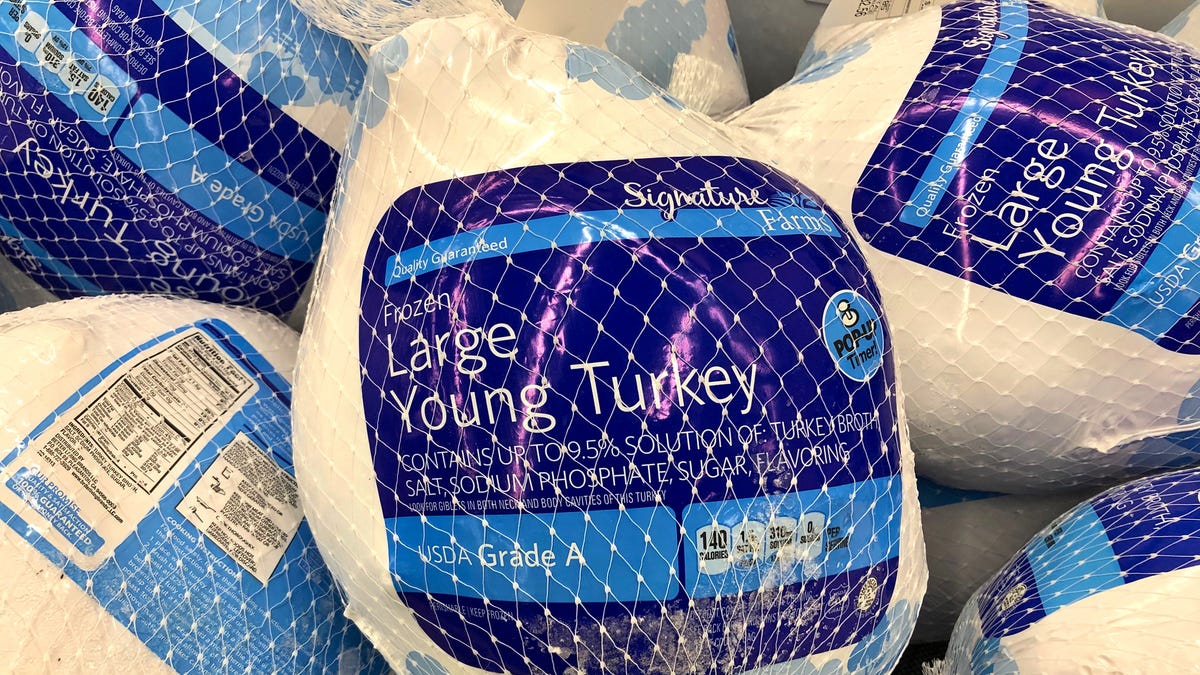
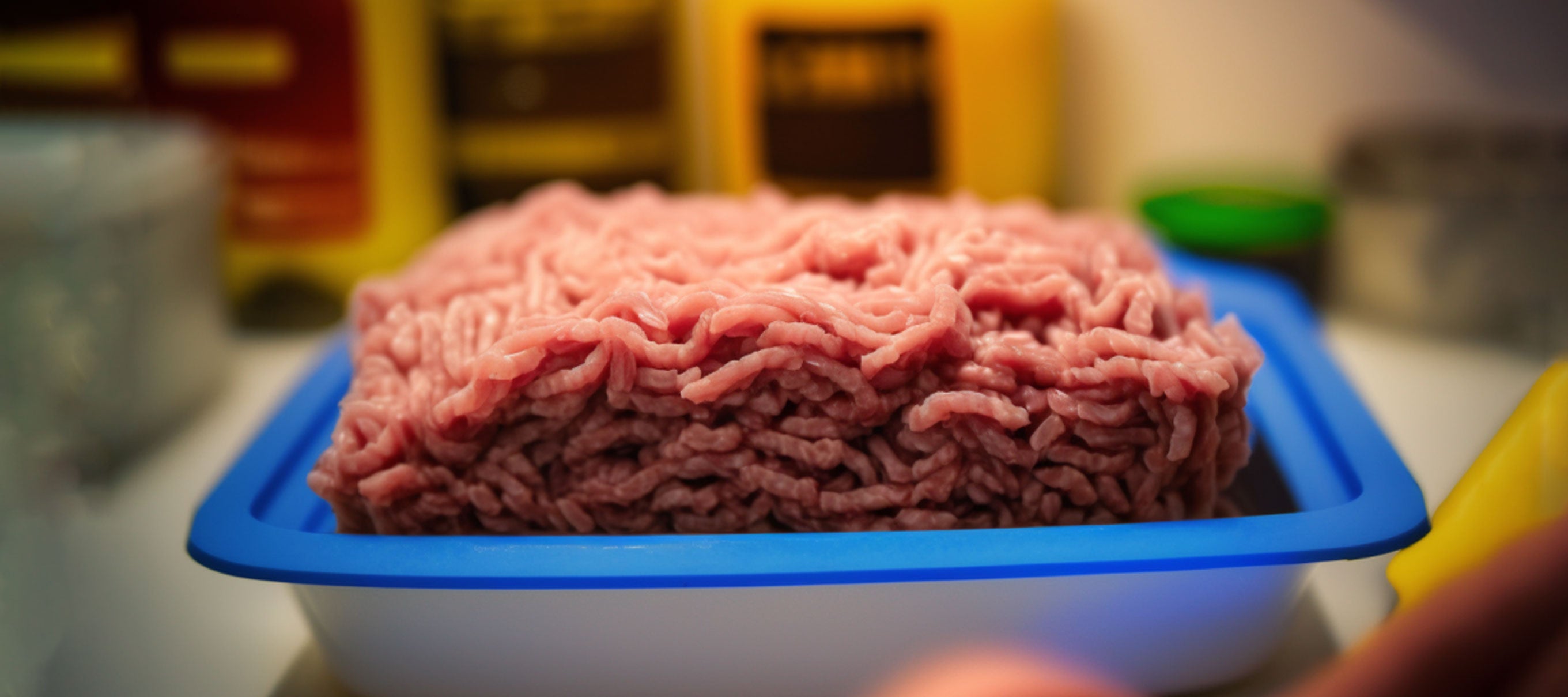
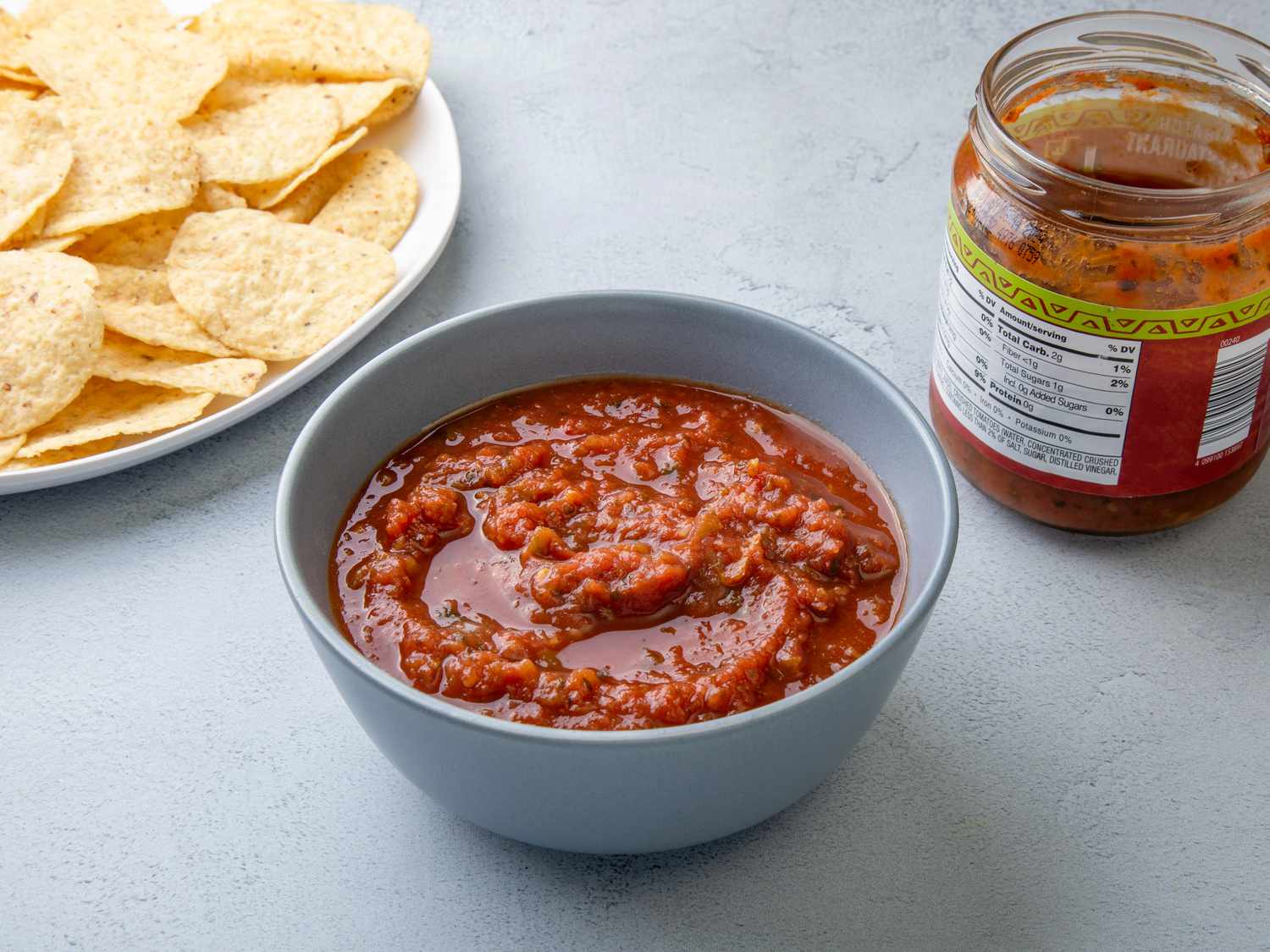
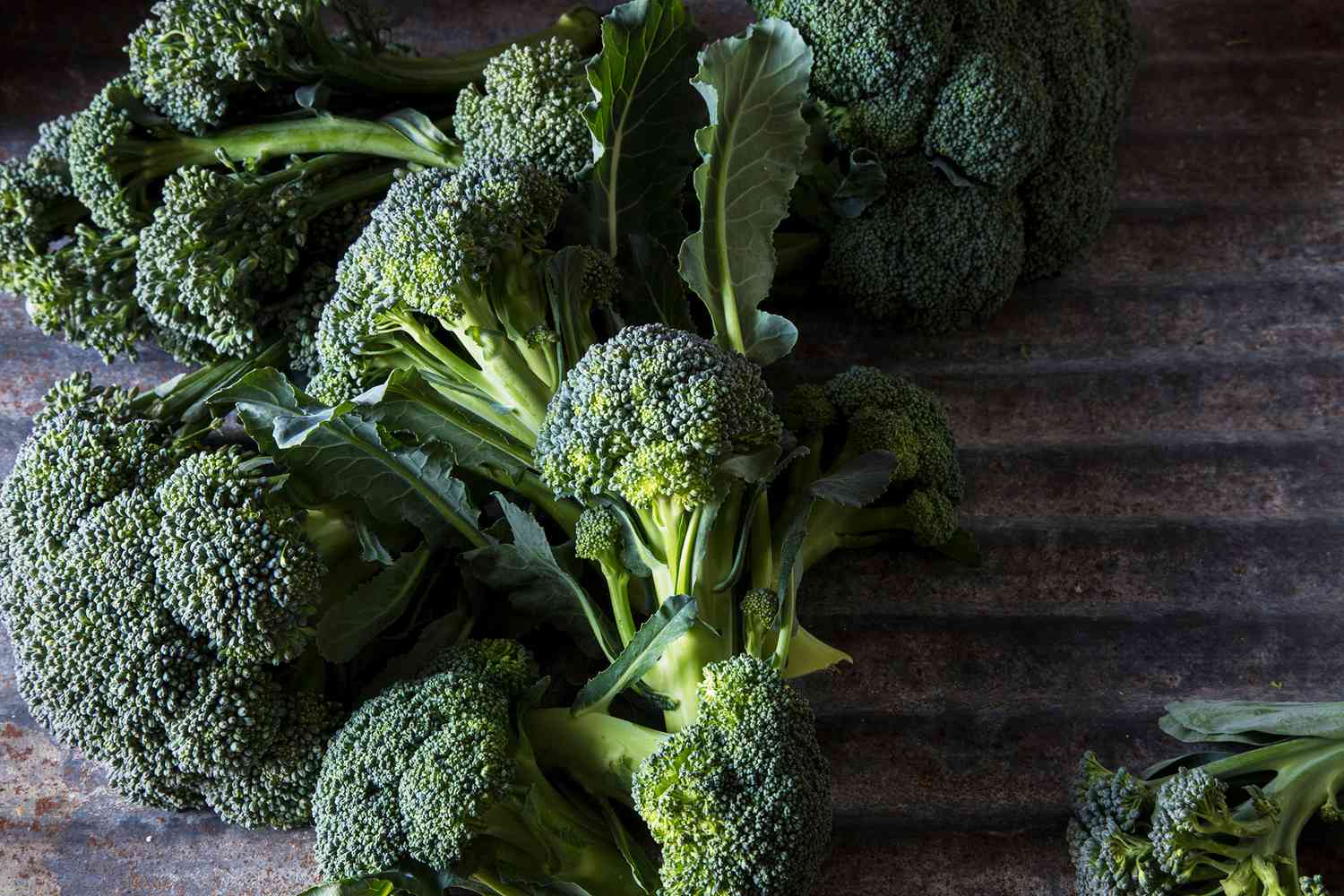
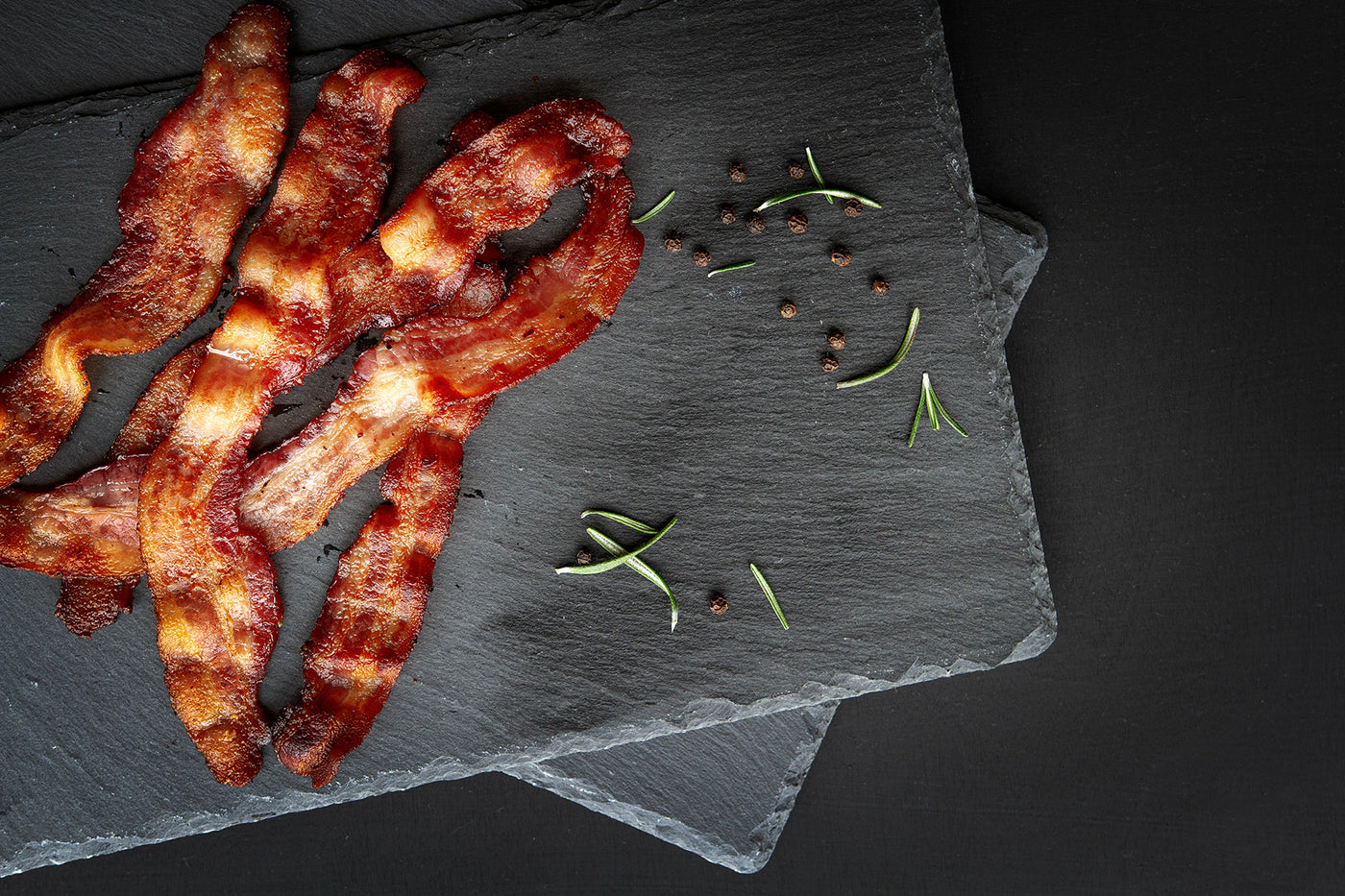
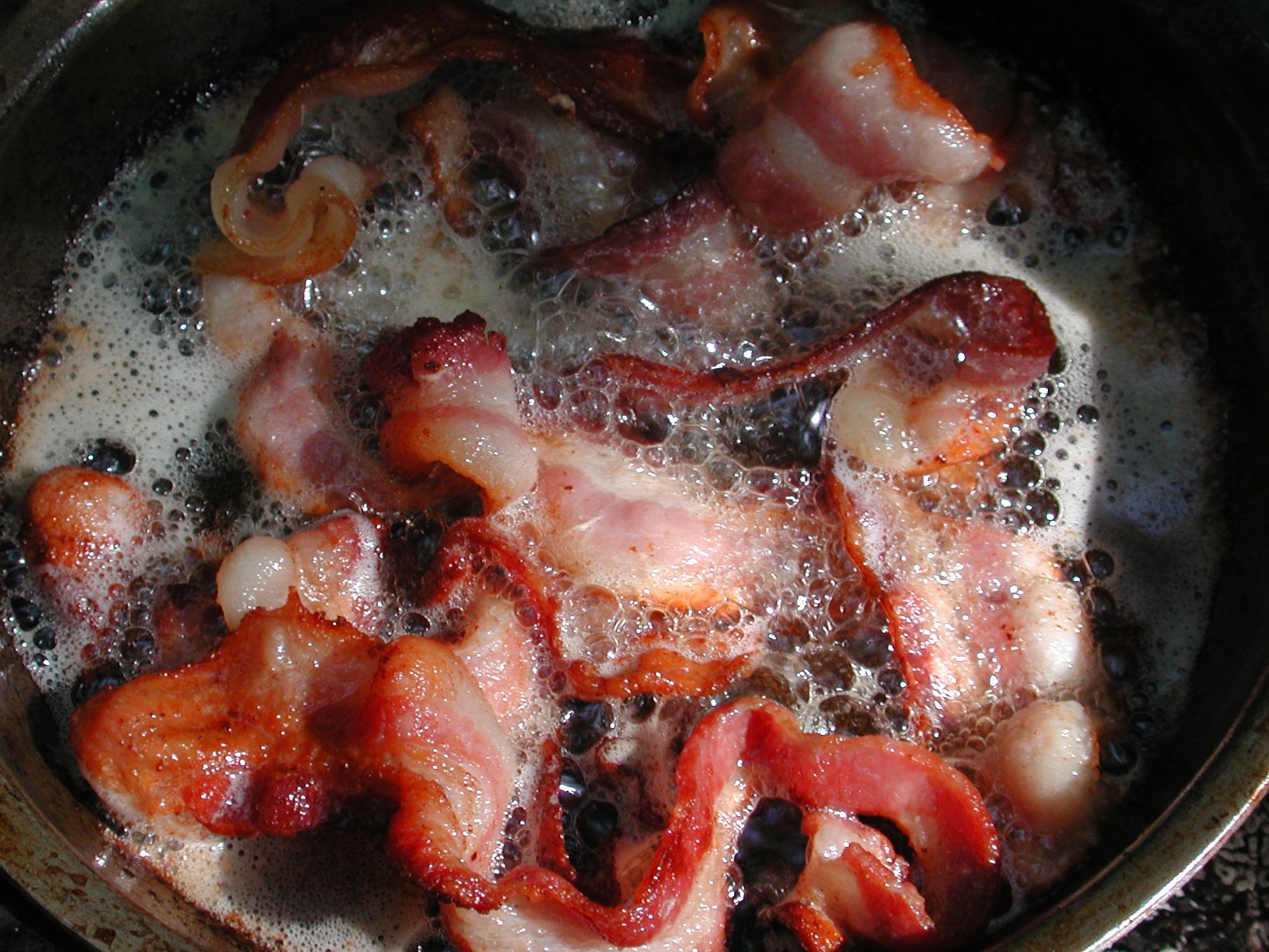

0 thoughts on “How Long Does Cooked Turkey Last In The Refrigerator”